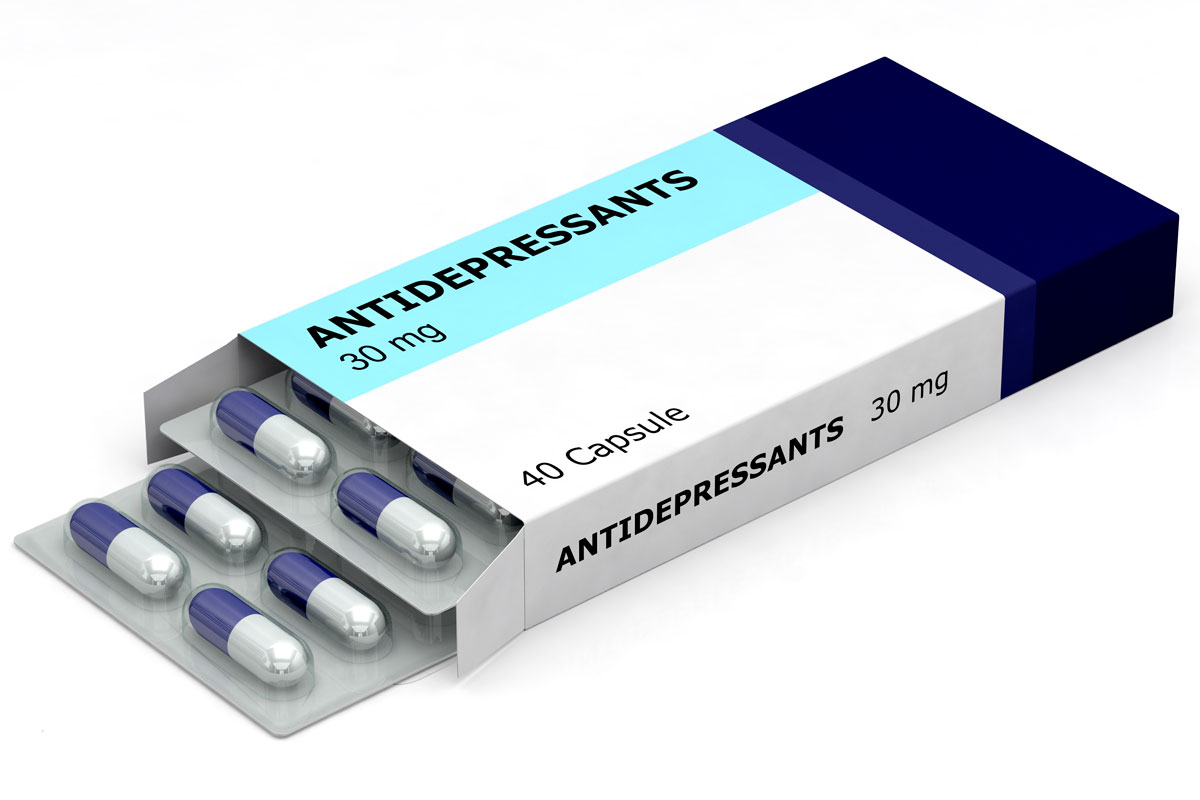 For the first time, experts in the public health community who work with patient diagnosis and treatment have an opportunity to contribute to the development of the next version of the International Classification of Diseases (ICD), which is WHO’s publication that ensures all members of the health community refer to diseases and health conditions in a consistent way.
For the first time, experts in the public health community who work with patient diagnosis and treatment have an opportunity to contribute to the development of the next version of the International Classification of Diseases (ICD), which is WHO’s publication that ensures all members of the health community refer to diseases and health conditions in a consistent way.
WHO is releasing the beta version of what will be ICD-11 on a wiki-type platform that allows stakeholder comments to be added after peer review. The final ICD-11 will be released in 2015.
WHO encourages anyone interested to comment to develop a more comprehensive classification.
Foundation for reliable health data
The ICD is the foundation for the identification of health trends and statistics globally. Receiving input from health experts will greatly improve the representation from current medical practice and create insight from a broader diversity of medicine.
“Literally this is what doctors use to diagnose a patient,” says Tevfik Bedirhan Ustun, coordinator in the Department of Health Statistics and Information Systems. “It is how we define the cause of death when a person dies. In research, it is how we classify health problems based on evidence.”
The ICD is the gold standard for defining and reporting diseases and health conditions. It allows the world to compare and share health information using a common language.
In addition to health providers, the ICD is a key tool used by epidemiologists to study disease patterns, insurers, national health programme managers, data collection specialists, and others who track global health progress and how health resources are spent.
ICD-11 innovations
Using advances in information technology, this ICD revision will allow users to collect data on cause of death, advances in science and medicine, emerging diseases and health conditions, and compare information across the globe with more ease and diversity in the service of public health and clinical reporting.
New features of the 11th version
- There will be a new chapter on traditional medicine, which constitutes a significant part of health care in many parts of the world.
- It will be ready to use with electronic health records and applications.
- It will updated through the development phase to reflect new knowledge as it is added to the classification.
- It will be produced in multiple languages through the development phase.
How to participate in ICD-11
Public health experts interested in contributing to ICD-11 can review the classification and register to join the consultation now. The final version of ICD-11 will be launched in 2015.
Source: http://www.who.int/features/2012/international_classification_disease/en/index.html
Like this:
Like Loading...
![]() store, and found a midst them two free Android apps on ICD-10 I felt worthy to download after reading user reviews, among the many others. I download and tested them. Here is a slideshow of what I know about these apps.
store, and found a midst them two free Android apps on ICD-10 I felt worthy to download after reading user reviews, among the many others. I download and tested them. Here is a slideshow of what I know about these apps.

























 For the first time, experts in the public health community who work with patient diagnosis and treatment have an opportunity to contribute to the development of the next version of the International Classification of Diseases (ICD), which is WHO’s publication that ensures all members of the health community refer to diseases and health conditions in a consistent way.
For the first time, experts in the public health community who work with patient diagnosis and treatment have an opportunity to contribute to the development of the next version of the International Classification of Diseases (ICD), which is WHO’s publication that ensures all members of the health community refer to diseases and health conditions in a consistent way.



